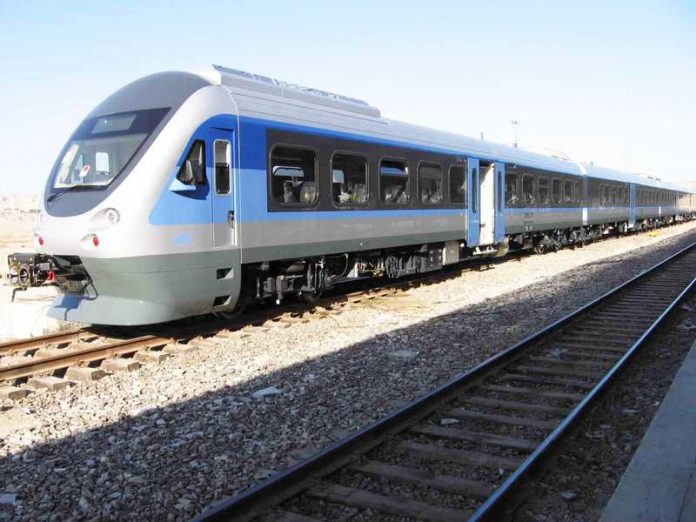The Oxford Business Group website suggested that the Gulf countries will revitalize the railway plan between them after the many delays in the previous period, as this network constitutes a transformation of trade and linkage between the countries of the region, noting that the project received a big boost in December when the GCC leaders agreed on the establishment of the Railways Authority, and this decision represents a potentially important development for the railway infrastructure in the region.
The website said in a report that the countries of the region had agreed to a railway project in 2009, but the financial pressures led to the delay of the project, and the delay of the project was also linked to the drop in oil prices in 2014 and finally to the Corona pandemic, according to a local Arabic daily.
The decision marks a potentially significant development for rail infrastructure in the Gulf. After being debated for decades, the GCC Railway project was initially approved by all six-member states in 2009. However, fiscal pressures delayed plans. These were associated with the oil price drop of 2014 and, more recently, the Covid-19 pandemic and diplomatic tensions, which resulted in an economic blockade of Qatar by some of its regional counterparts from 2017 to 2021.
The proposed project aims to connect all six GCC countries via a 2177-km railway. Starting in Kuwait City in the north, the rail line will pass through the coastal cities of Jubail and Dammam in Saudi Arabia, before heading through Bahrain’s capital Manama and Doha, the capital of Qatar. The line would then cut back into Saudi Arabia before moving to the UAE, where it would pass through major cities Abu Dhabi, Dubai and Fujairah, before reaching its terminal station in Muscat, the capital of Oman.
Hopes of a resumption of the project were given a further boost in February when Qatari media reported that construction of the section connecting Qatar and Saudi Arabia would begin soon, with foundational groundwork such as engineering designs and a work plan already completed.
For example, as part of Vision 2030 Saudi Arabia hopes to increase tourism’s GDP contribution to more than 10% and aims to attract 100m visitors by the end of the decade, up from around 20.3m in 2019. Furthermore, the construction of a GCC-wide railway bodes well for regional collaboration, and would support plans for greater economic alignment within the bloc.
Indeed, the GCC has sought to accelerate the establishment of a joint Customs union and common market, ahead of the ultimate goal of establishing economic unity within the region.

















